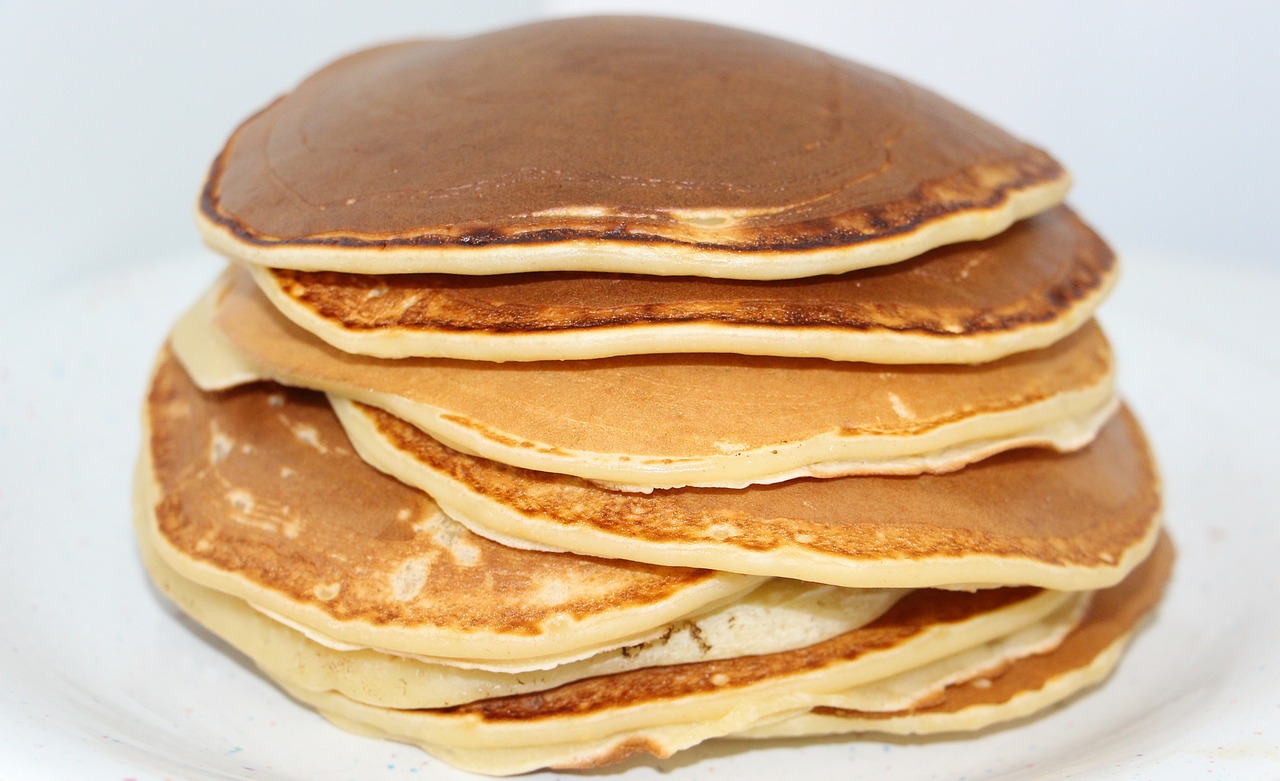We used to make our own pancakes for breakfast. Now, we can expect DoorDash will deliver them.
But maybe not.
Gig Drivers
Gig drivers are complaining that gas is too expensive. Responding, during March, Lyft said it would give drivers a temporary 55¢ fuel surcharge. Uber and DoorDash are also offering surcharges, pay hikes, or bonuses to drivers. Since January 2020, the national average for a gallon of regular gas increased from $2.09 to $4.34. That is a whopping 107% increase!
As you might expect, when gigs become less lucrative, you wind up with fewer drivers. Uber’s solution is the taxi. Years ago, when Uber entered an urban market, the goal was to replace the taxi. Now they want to befriend them. In New York, Uber is listing all NYC taxis on its app. That could mean 14,000 extra drivers. Both sides benefit. Uber is more available while taxi drivers use the app to find passengers on empty legs–frequently after a trip out of Manhattan. However, if you are an Uber driver, you could have a longer wait for a gig.
In Barcelona, trying to favor its taxi fleet, the city mandated a 15-minute delay before an Uber pick-up. Now though, after leaving for two years, Uber is back with several hundred taxis on its app. Uber is also working with taxis in Hong Kong and Austria.
Our Bottom Line: Supply and Demand
The taxi tale is a supply and demand story. We could start with the pandemic diminishing the supply of drivers. The shift in the supply curve elevated the equilibrium price:
 According to the Uber dynamic, higher prices are supposed to lure new drivers into the market. But it was not happening, especially because of more expensive gas. So, the cost of production went up and supply went down. (On the graph, a bit misleading, a supply decrease is a higher curve. It illustrates less supply because it moved leftward on the quantity axis.):
According to the Uber dynamic, higher prices are supposed to lure new drivers into the market. But it was not happening, especially because of more expensive gas. So, the cost of production went up and supply went down. (On the graph, a bit misleading, a supply decrease is a higher curve. It illustrates less supply because it moved leftward on the quantity axis.):

But when taxis joined the Uber app, supply (in orange) finally increased, and price declined:

Returning to where we began, fewer gig drivers mean fewer pancakes for breakfast.
My sources and more: From Gas Buddy to WSJ and NPR, the stories about expensive gasoline multiplied.






